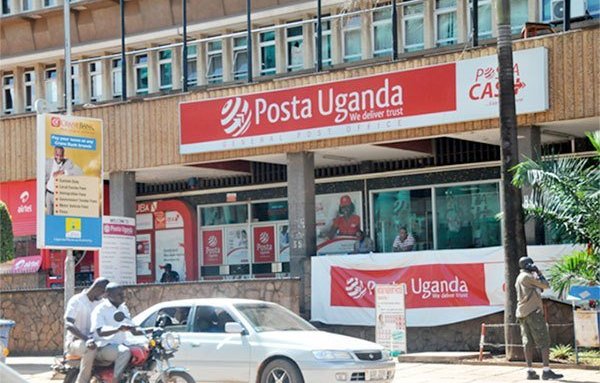Kampala, Uganda – While Uganda continues to witness rapid digital transformation with widespread mobile money use, rising internet penetration, and increasing reliance on digital communication traditional mail and courier services remain firmly relevant, especially for critical, time-sensitive, and verifiable document deliveries.
According to the Uganda Communications Commission (UCC) Q2 2025 Market Performance Report, the country recorded a total of 375,433 processed mail items and 297,767 courier deliveries between April and June 2025. These figures reveal a consistent demand for physical delivery services in both domestic and international exchanges.
Despite the dominance of instant messaging and electronic document transfer, many Ugandans still depend on physical delivery particularly when dealing with official documentation such as legal notices, academic transcripts, business tenders, contracts, and certificates, where authenticity and chain-of-custody are critical.
Industry experts note that the enduring reliance on these services is driven by two key factors: the need for verifiable delivery and the limitations of digital access in some areas. While urban centers are increasingly digitized, many rural and peri-urban areas still lack stable internet connectivity or secure digital infrastructure. Moreover, institutions and government bodies often require physical signatures, stamps, and original copies, making physical delivery indispensable.
The UCC report also highlights a notable shift within the sector, with same-day and next-day courier services becoming more popular in Uganda’s major cities such as Kampala, Gulu, Mbarara, and Jinja. The demand is largely driven by the business community, financial institutions, educational bodies, and government agencies that prioritize speed, reliability, and proof of delivery.
Although the postal and courier sector lags behind telecommunications in terms of revenue, it still contributed a significant UGX 12.4 billion (approximately USD 3.3 million) in the second quarter alone. This revenue points to a service sector that, while traditional in nature, continues to adapt and hold its place in a fast-evolving digital economy.
Some stakeholders believe the future of the sector lies in hybrid services where digital tracking and booking meet physical delivery offering both the speed of digital systems and the security of tangible documentation. Others call for better licensing, regulation, and service standardization to boost consumer trust and ensure sector sustainability.
A courier business operator quoted in the original report noted,
“Digital services are fast, yes. But when something must arrive on paper with a stamp, signature, or in original form courier is still the safest bet.”
The continued strength of Uganda’s postal and courier services highlights an important reality: not all services can or should be fully replaced by digital alternatives. In sectors where accountability, traceability, and legality matter most, the envelope still has its place.
